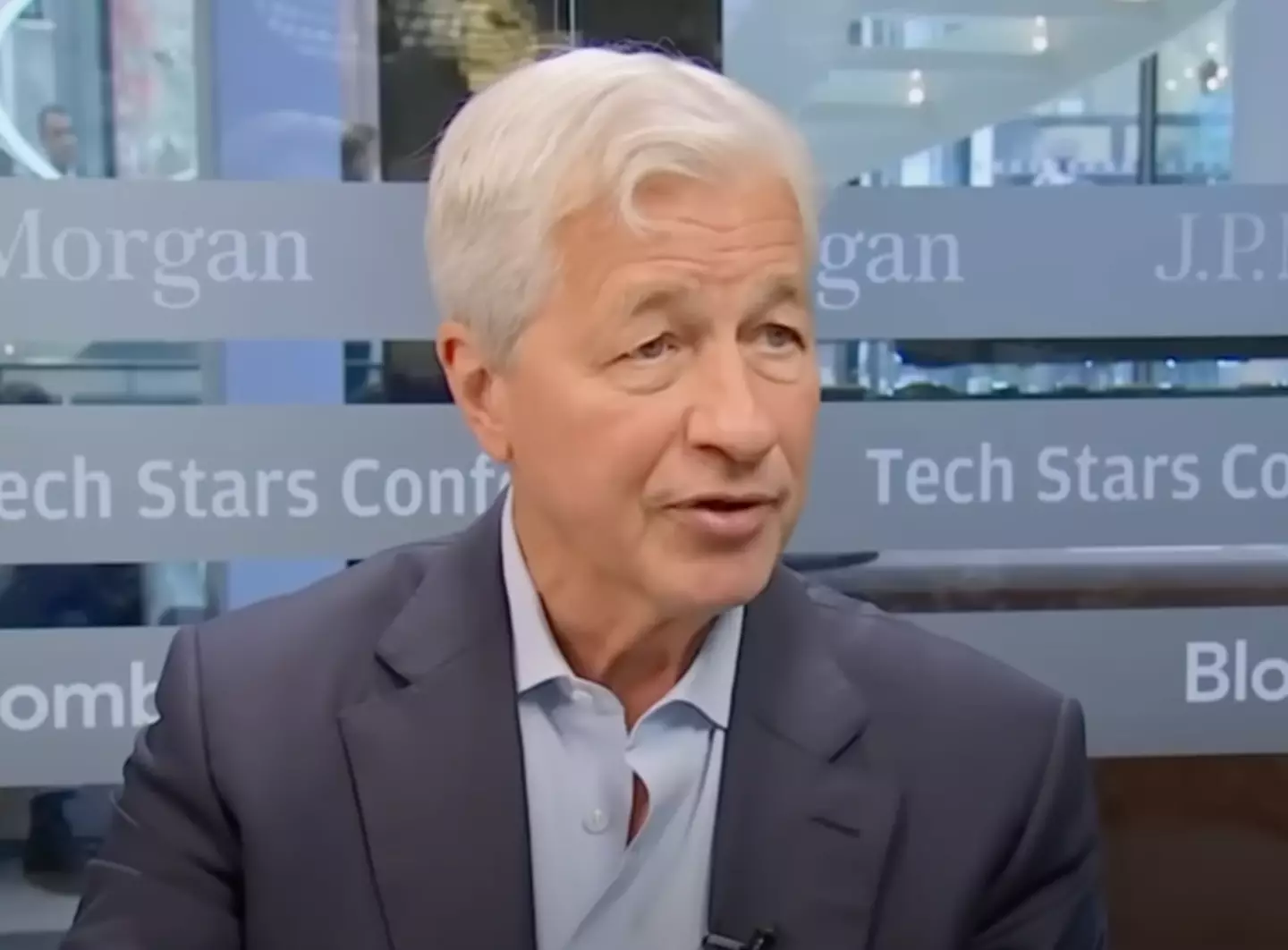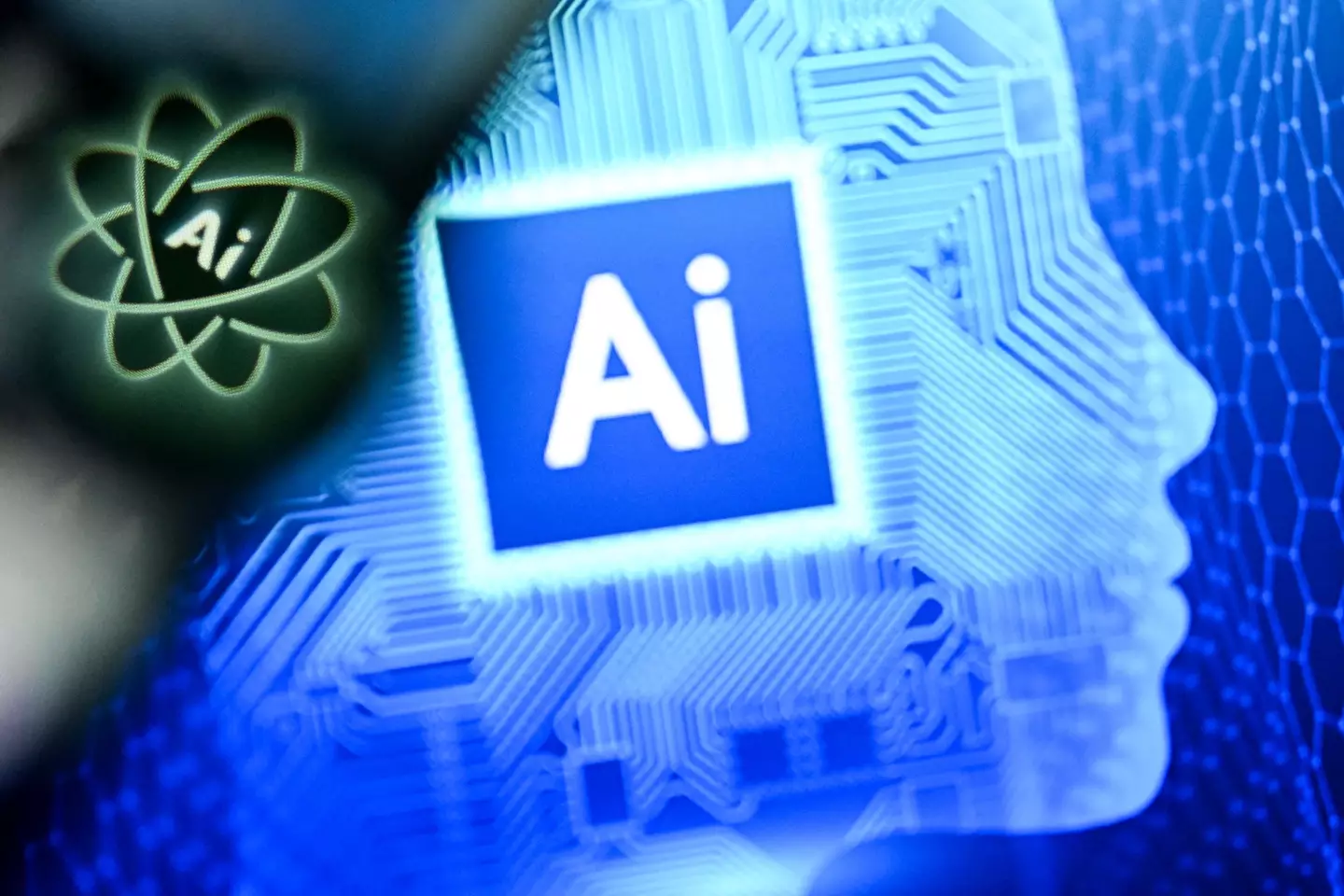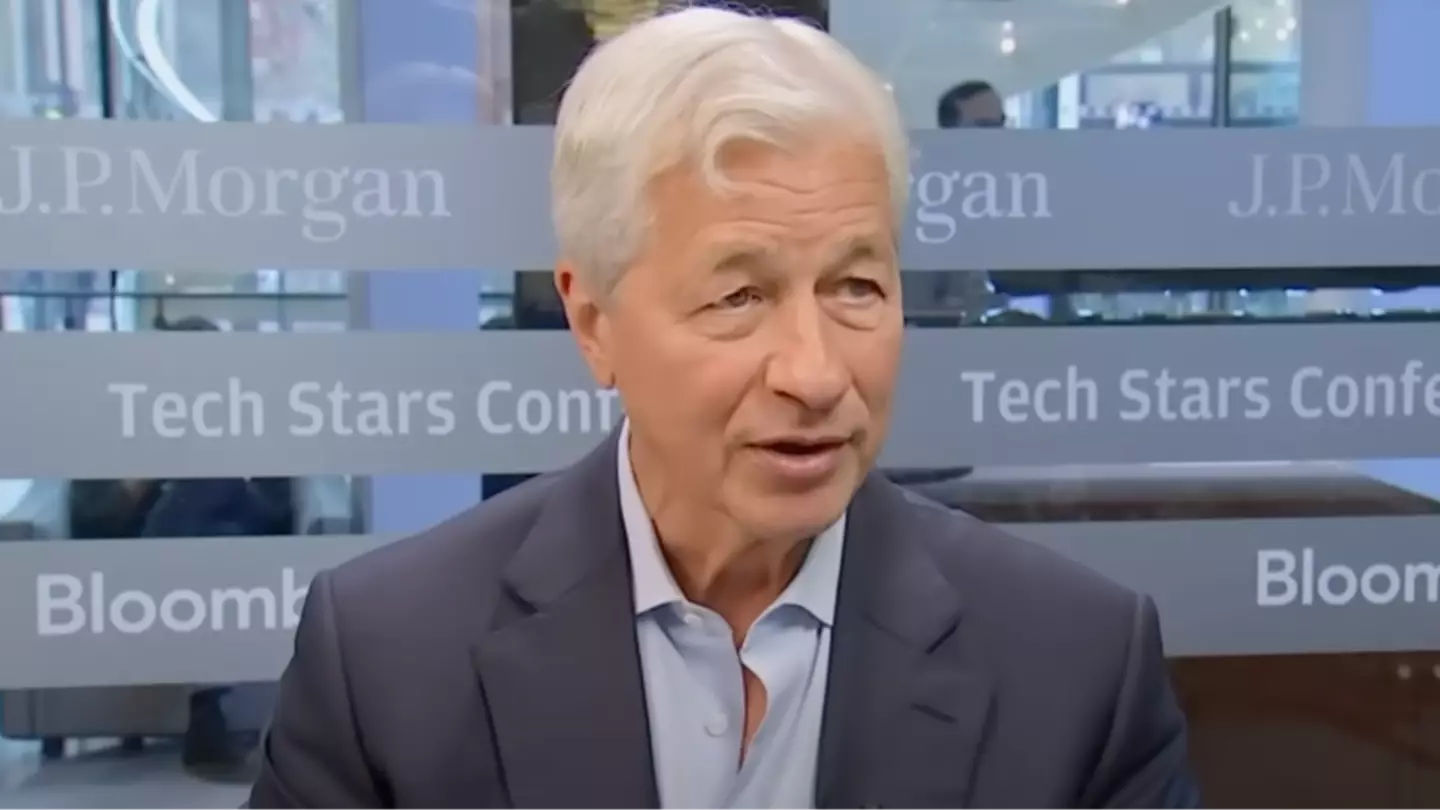The job market could undergo major transformations due to artificial intelligence, suggested the CEO of JP Morgan.
As the latest advancements in AI technology emerge, there is a growing concern about the future of various occupations and whether they will continue to exist.
While some professions may have a bit more time before becoming obsolete, others are nearing the end of their viability.
Jamie Dimon, CEO of JPMorgan Chase & Co., a leading figure in the banking industry, has openly discussed how this new wave of AI is reshaping the workforce and the necessity for businesses to adapt accordingly.
Dimon stated that the company has utilized AI in various capacities for over ten years, proving advantageous in numerous areas.
In an interview with reporter Tom Mackenzie on Bloomberg Television, Dimon elaborated that since 2012, AI has been employed as a tool for risk management, fraud detection, marketing, and generating ideas.

Although AI has proven beneficial for the company, Dimon acknowledged that this new generation of AI will significantly affect the job market in the years ahead.
When Mackenzie inquired, “If you look out five years, are there more jobs in banking as a result of AI or fewer?”
Dimon’s reply could be unsettling for those considering a career in banking over the next few years.
He responded: “I think people shouldn’t put their heads in the sand, it is going to affect jobs.
“So think of every application, every service you do, you’ll be using AI sometimes to enhance it, sometimes it will be you doing the same job, doing a better job at it.
“There will be jobs it eliminates.”
Nonetheless, Dimon highlighted the importance of staying proactive and focusing on retraining employees.

He added: “We retrain and redeploy a lot of people so for JP Morgan, we are successful, we’ll have more jobs, but there will probably be less jobs at certain functions.”
While technological advancements are likely to continue altering many jobs, prominent figures such as Bill Gates believe that some professions will endure and may even gain value in the future.
He suggested that fields such as coding, biology, and energy expertise might remain resilient against the impacts of AI advancements.

